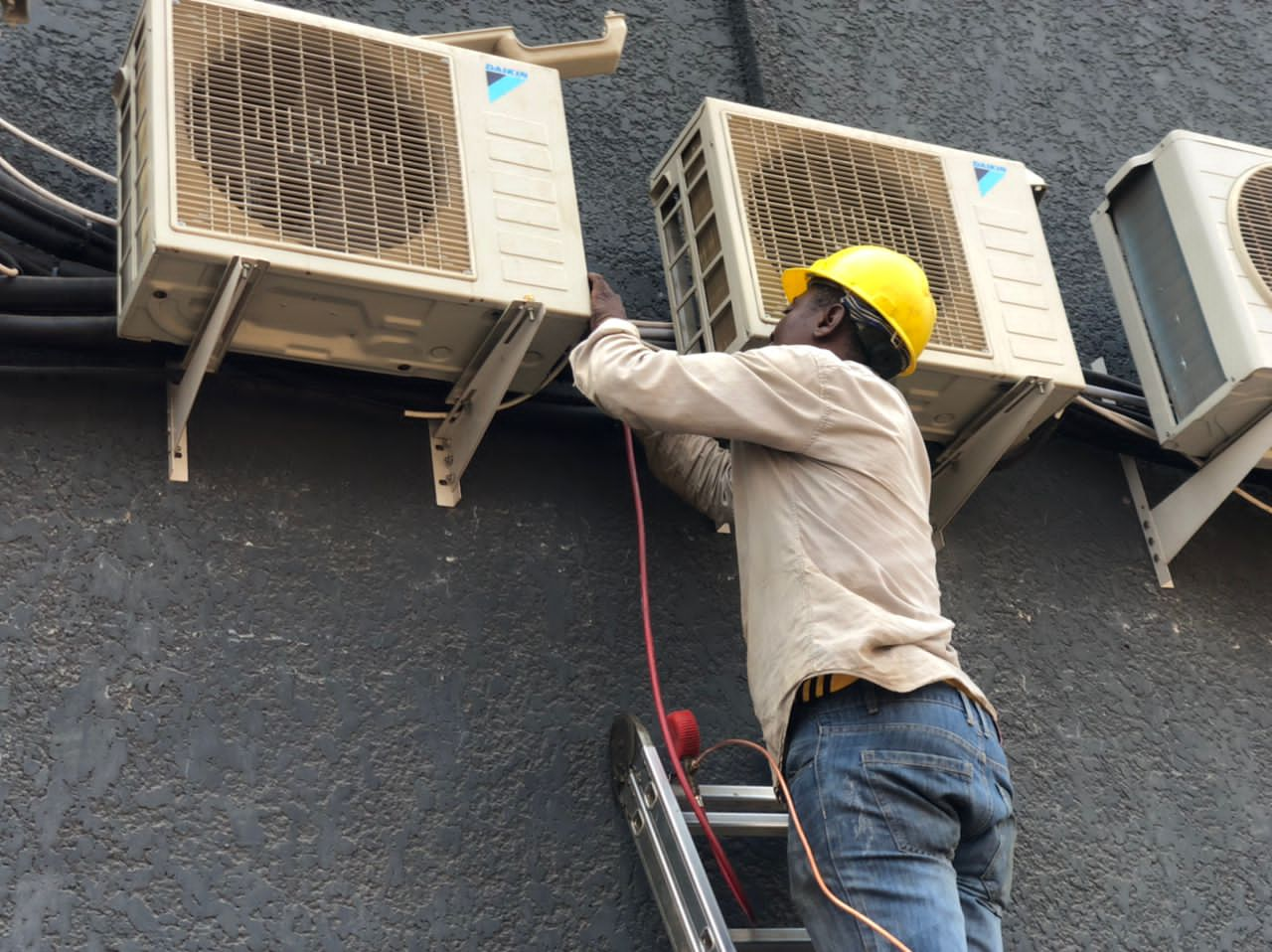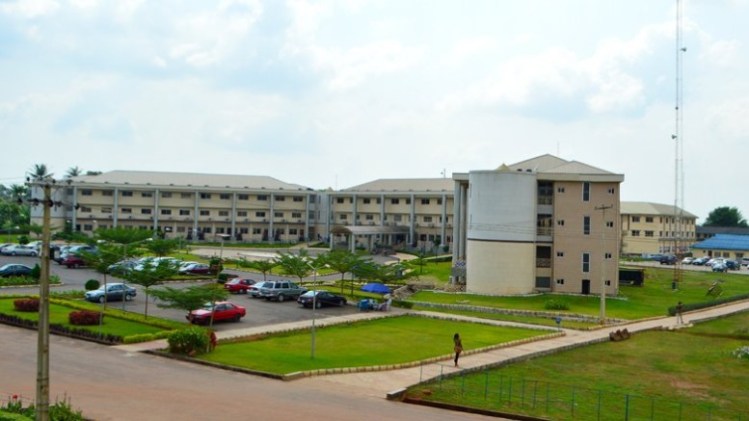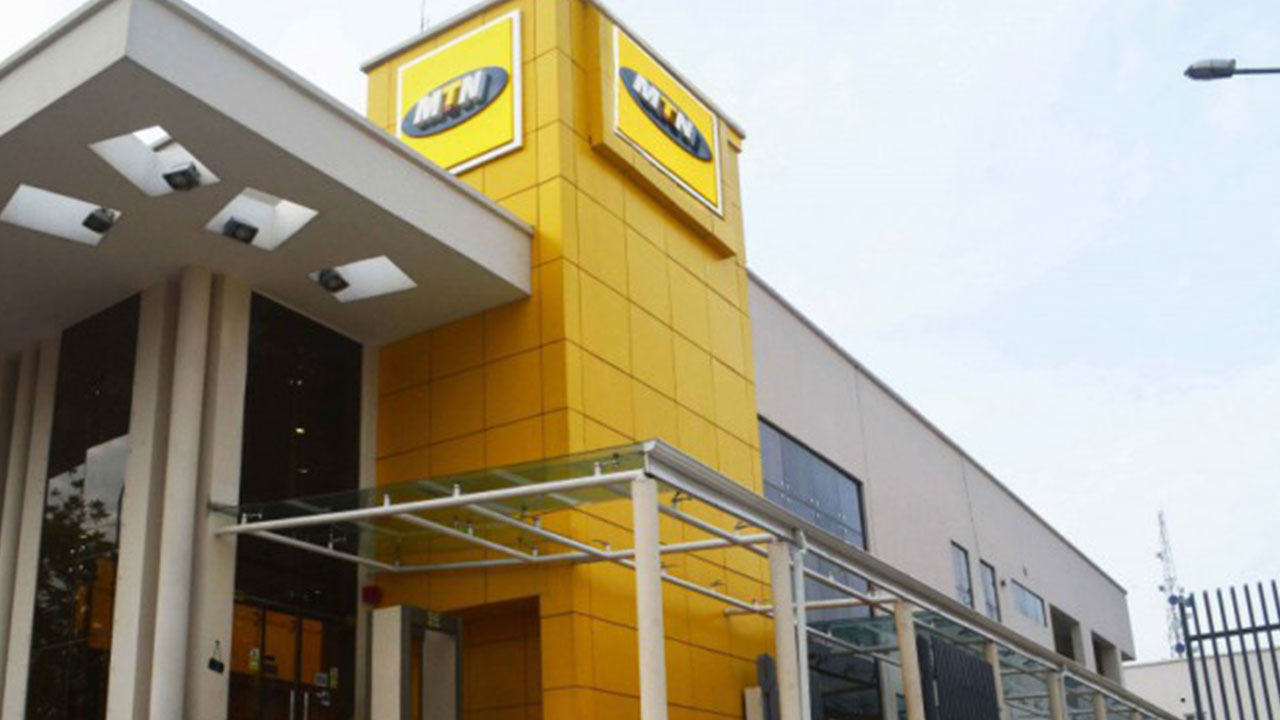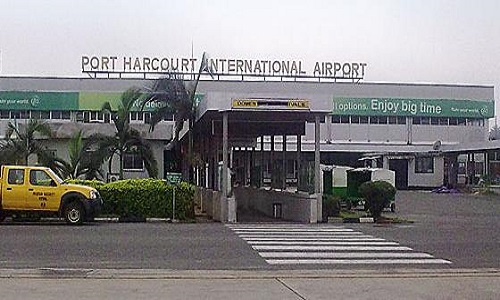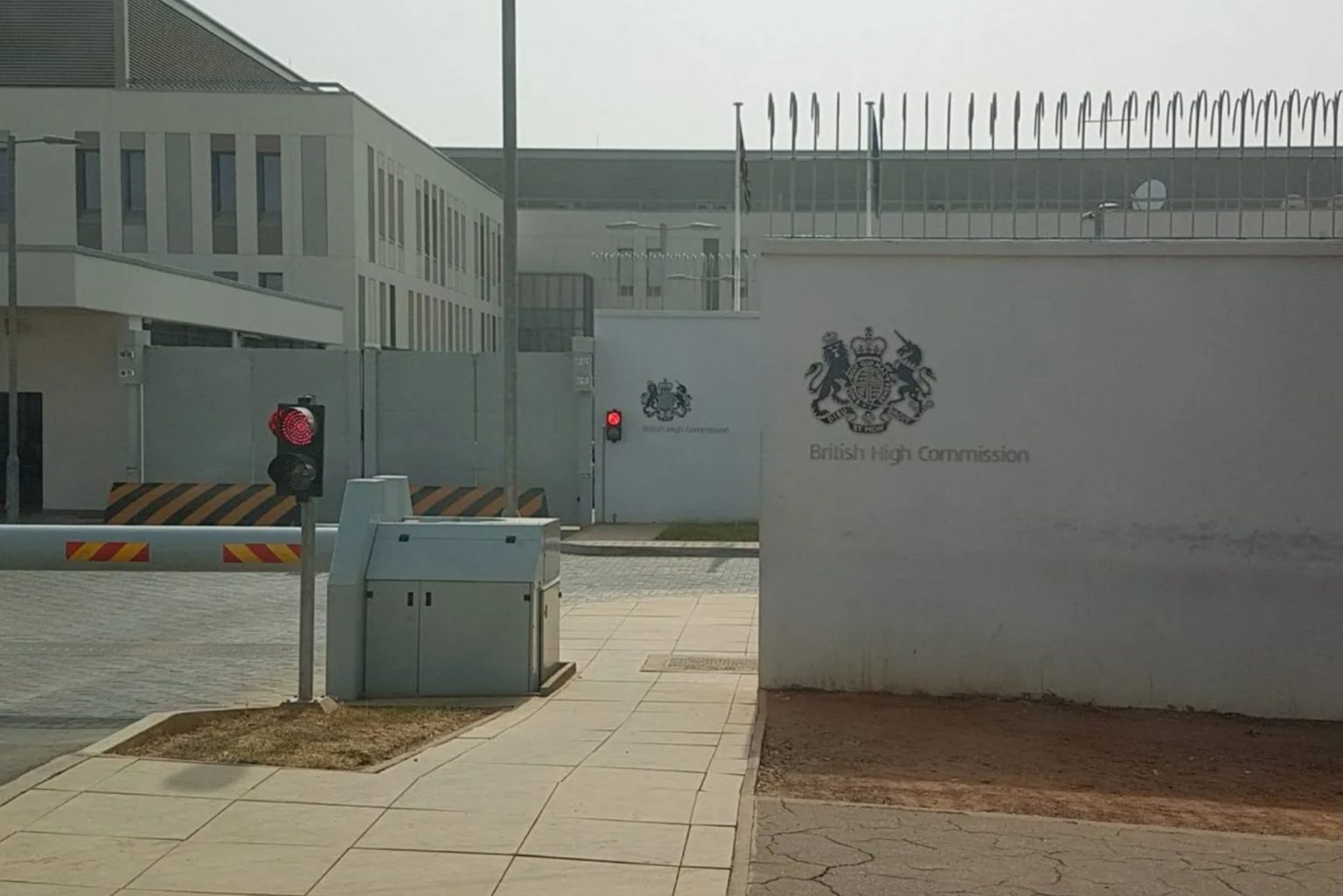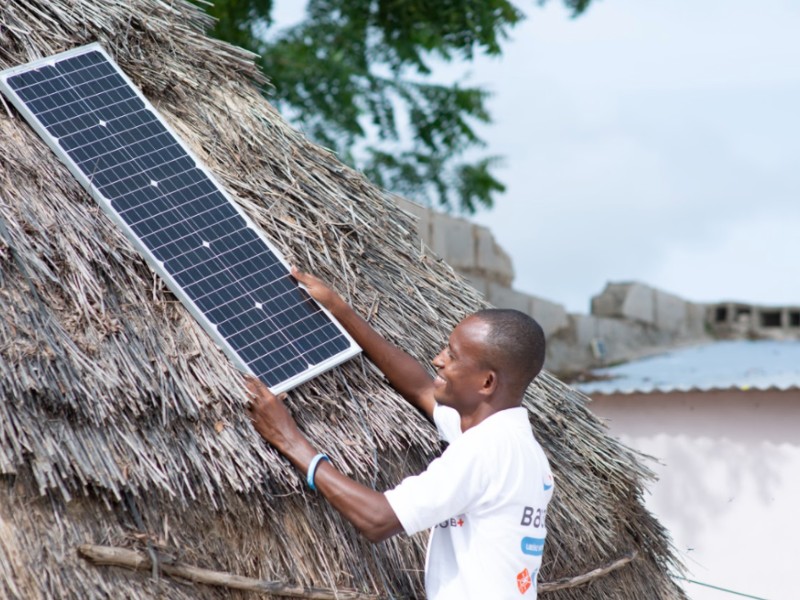
Unravelling Solar Energy: Nigerian Off Grid VS Grid-Tied Solar Systems
Solar power has come to be recognized as a sustainable beneficial alternative in a world where energy consumption is continually increasing, and a nation where solar might no longer be an option but a necessity with the increase In Electricity tariffs and removal of fuel subsidies. However, Nigeria is ideally equipped for utilizing solar energy due to the country's plentiful sunshine. But you might ask, what are off-grid and grid-tied solar systems specifically, and how do they operate in Nigeria? Let's simplify it for you by breaking it down.
Off- Grid System
Imagine a home where you have your own source of power at home, independent of an electricity grid.
Off-grid electrical systems offer a dependable supply of electricity in Nigeria, where power disruptions are routine. They operate as follows:
Solar Panels: The solar panel is an essential part of every solar system. Usually, these solar panels are mounted on open spaces or rooftops where they can receive sunlight.
Charge Controller: To avoid overcharging the battery bank, a charge controller controls the amount of electricity produced by the solar panels. It guarantees that the batteries are fully charged.
Battery Bank: To be used at night or in the absence of sunlight, the electricity produced by the solar panels is kept in a battery bank. In Nigeria, where power outages occur frequently, having a strong battery bank is essential to ensuring a steady source of power.
Inverter: An inverter transforms DC (direct current) battery power into AC (alternating current) power so that the electricity produced by the solar panels may be used for your home appliances.
Appliances: Your lights, fans, TVs, and other appliances can now be powered by the electricity produced by your solar system.
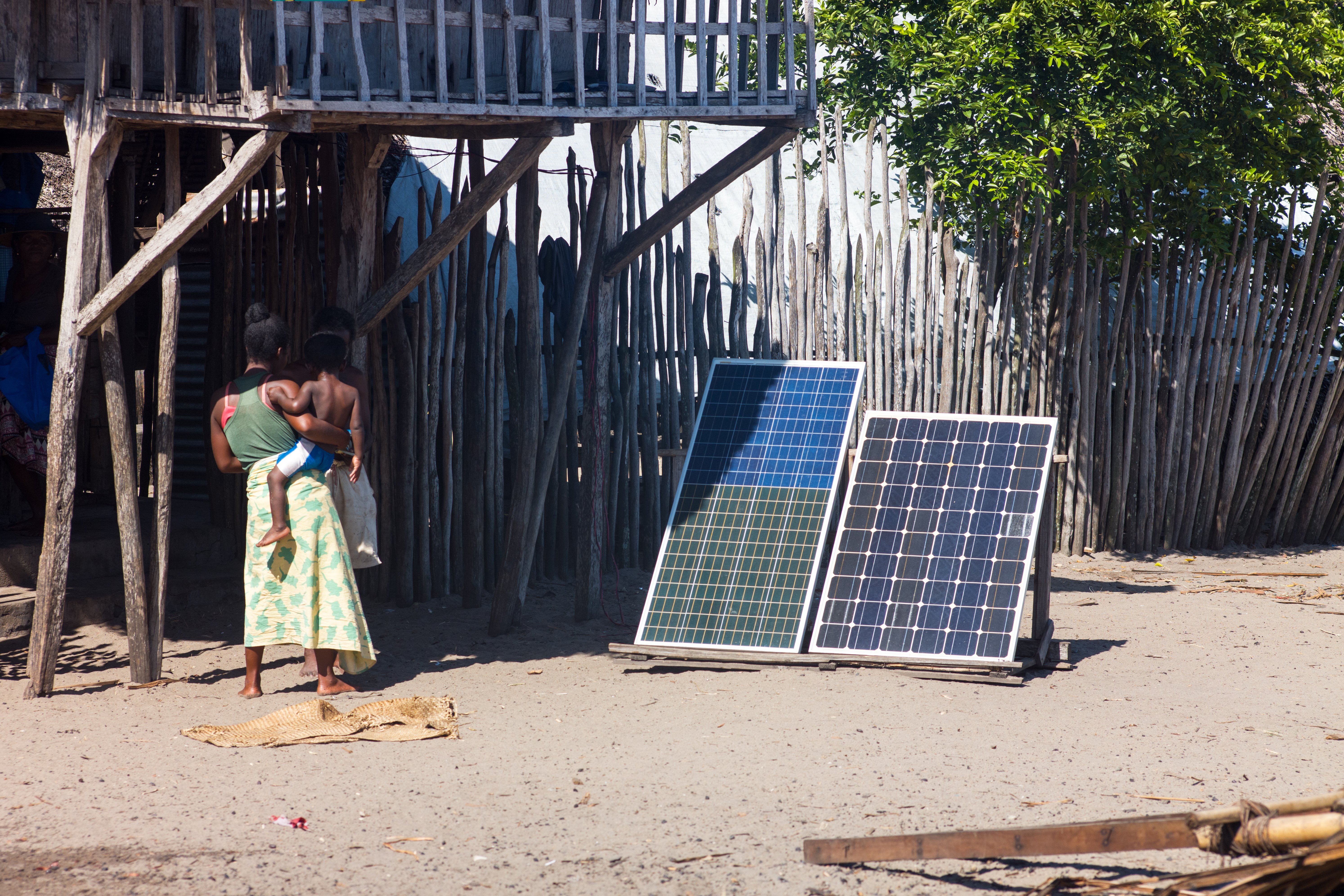
Grid-Tied Solar Systems
In contrast, solar systems that are attached to the main electrical grid are known as grid-tied systems. This is how they function:
PV Panels: Grid-tied systems, like off-grid systems, employ solar panels to collect solar radiation.
Inverter: The DC power produced by the solar panels is transformed into AC power using an inverter. In this instance, though, you have the option of using the electricity within your house or "refeeding" it into the grid.
Grid Connection: In situations where your solar panels aren't producing enough power, grid-tied systems let you use the main energy grid to obtain electricity.
Net metering: Net metering is one of the main characteristics of Nigerian grid-tied systems. This implies that any extra electricity generated by your solar panels is fed back into the grid and credits are applied to your electricity bill.
For cities with a dependable grid, grid-tied solar systems are an excellent option. By providing renewable energy, they not only let you lower your electricity expenses but also improve the reliability of the system.
Which of the Systems Fits You Best?
Which, off-grid or grid-tied solar system is best for you in Nigeria now that you know the fundamentals of both types?
Off-grid is a wise option if you reside in a rural place with erratic grid connectivity. It gives you independence and guarantees power even in the event of a blackout. A good choice for urban residents with a dependable grid is a grid-tied system. By producing renewable energy, it lowers your carbon footprint and helps you save money on electricity costs.
In conclusion, Solar energy presents a viable way for Nigeria to overcome its energy problems. The choice between an off-grid and a grid-tied system is based on your demands and geography. In addition to giving people the power to manage their own energy demands, solar energy also helps Nigeria develop a cleaner and more sustainable future. Thus, think about utilising solar energy and get involved in the solar revolution right now. You should contact BASSCOMM today to supply and install any of the solar systems of your choice at any location in Nigeria.

